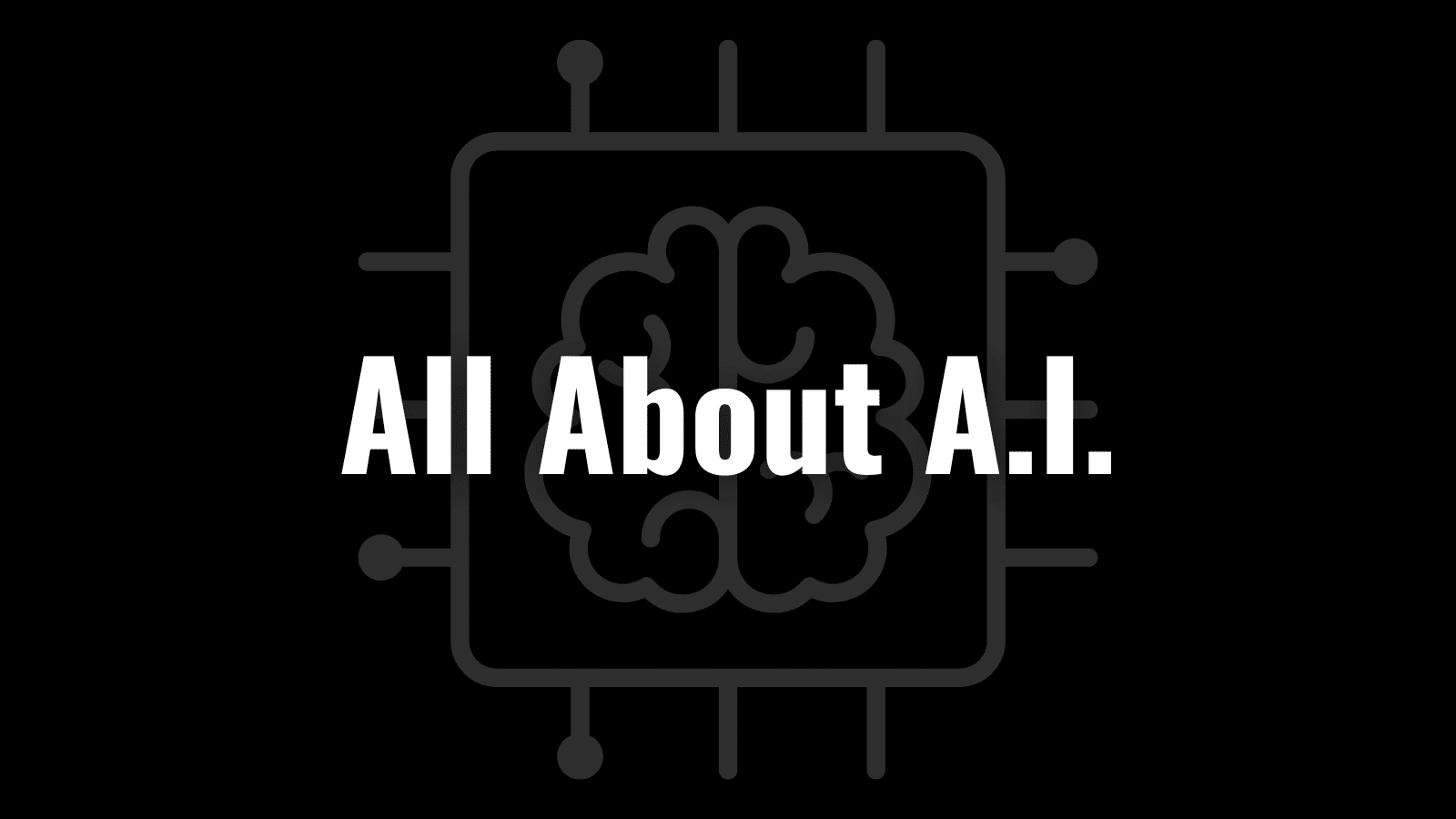Subscribe to get a recap of the days posts & never miss the latest breaking news or exclusive content.
Summary:
OpenAI has banned a custom generative AI chatbot called Dean.bot, which emulates Minnesota Democratic Representative Dean Phillips, from the GPT Store. The company claims that Dean.bot violates its rules against using large language models (LLMs) in political campaigns. The bot was developed by AI app developer Delphi for the Phillips-supporting super PAC We Deserve Better. OpenAI revoked Delphi’s API access and GPT Store account, leading to the removal of Dean.bot. The decision reflects OpenAI’s strategy to limit the misuse of LLMs during the 2024 elections.
Introduction:
OpenAI has taken action against a custom generative AI chatbot called Dean.bot, which was developed to emulate Minnesota Democratic Representative Dean Phillips. The bot was created by AI app developer Delphi for the Phillips-supporting super PAC We Deserve Better. However, OpenAI has banned Dean.bot from the GPT Store, citing violations of its rules against using LLMs in political campaigns. This article explores the reasons behind OpenAI’s decision and the implications for the use of generative AI in politics.
Main Points:
The custom generative AI chatbot Dean.bot, which emulates Minnesota Democratic Representative Dean Phillips, has been banned by OpenAI from the GPT Store. OpenAI claims that Dean.bot violates its rules against using LLMs in political campaigns. The bot was developed by AI app developer Delphi for the Phillips-supporting super PAC We Deserve Better. OpenAI revoked Delphi’s API access and GPT Store account, leading to the removal of Dean.bot.
While there are other political impersonator chatbots available in the GPT Store, Dean.bot faced immediate repercussions due to its connection to a political campaign. OpenAI aims to limit the misuse of LLMs during the 2024 elections, which is reflected in their decision to ban Dean.bot. This aligns with OpenAI’s commitment to safety and responsibility in AI development, as well as their pledge to uphold a set of principles for ethical AI use.
The ban on Dean.bot raises questions about the use of generative AI in politics and its potential impact on elections. While AI chatbots like Dean.bot have the potential to facilitate direct conversations between voters and candidates, concerns about impersonation and misuse have emerged. OpenAI intends to update and refine its rules as issues arise, highlighting the need for ongoing regulation and responsible development of AI tools for democracy.
Conclusion:
OpenAI has banned the custom generative AI chatbot Dean.bot, which emulates Minnesota Democratic Representative Dean Phillips, from the GPT Store due to violations of its rules against using LLMs in political campaigns. The ban reflects OpenAI’s strategy to limit the misuse of LLMs during the 2024 elections and aligns with their commitment to safety and responsibility in AI development. While generative AI has the potential to revolutionize how voters engage with candidates, concerns about impersonation and misuse highlight the need for ongoing regulation and responsible development of AI tools for democracy.


